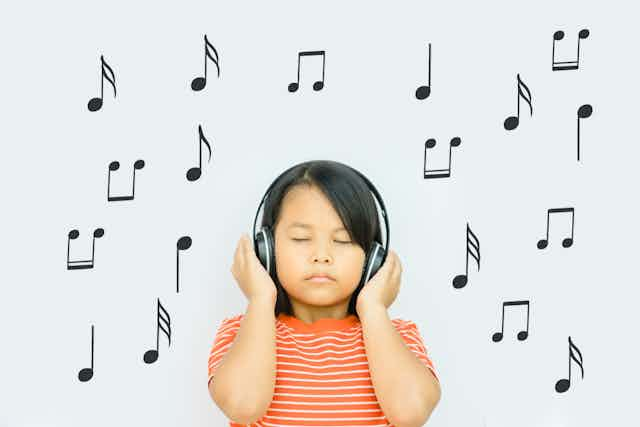Music is a vital element in our lives. Whether you’re listening to soothing music, beats for dancing, or even lyrics, a person could be unable to survive without their love fortunes. Research has revealed that various types (or genres) of musical files cause variations in blood pressure which are caused by metal and rock. more positive results than tranquilizer tracks and hormonal changes based on the genre we listen to the metal takes us to thrilling places and calming music artists can help to regulate everything from moods to appetites.
It’s not new to consider that music has an effect on the state of mind. Drumming and singing has been utilized in healing for many thousands of years by various cultures. Nowadays we know how beneficial this therapy could be in aiding people suffering from everything from post-traumatic stress disorder (PTSD) to anxiety problems and it doesn’t matter if it comes down to the person who will benefit from it, since everyone has their unique concerns in regards to moods and feelings.

Music therapy is something nearly everyone has experienced throughout their lives. Because music therapy uses music as its base it’s more likely to help those who are suffering from healing. It is possible to feel an immediate connection to music and will be able to sense changes in their mood simply by listening. In order for this type of treatment to be 100 percent effective, therapists usually compose lyrics or tunes of traditional songs. They also enjoy engaging in specific types like mindfulness exercises, for example, during which patients have to concentrate upon specific sound waves.
Music therapy is beneficial for anyone.
Music therapy is used to reduce stress and get ready for a workout However, it’s being researched as an alternative therapy for a variety of mental illnesses.
1. Hearing Impairment
Music therapy may help those with hearing impairments improve their speech formation. Although only a small percentage of people have difficulty hearing the sounds they hear, it’s not impossible for other people to experience a feeling. Music therapy improves speech production by aiding with intonation and tempo issues as well as wavelength and rhythm perception. These factors all affect how fluent or slow we speak , depending on the type of music we’re listening to.
2. Autism
A music therapy approach has been found to be effective in helping autistic spectrum disorder (ASD) sufferers. Utilizing music-related strategies alongside standard treatments appears to have the potential to lead individuals into fulfilling lives that they would not be able to. Social withdrawal and isolation periods were shorter when kids received both therapies compared to just one of them. This indicates that there is some benefit in combining the two because the majority of boys who have better social skills also showed improvement during house social interactions too.
3. Chronic Pain
Music and pain can be soothing inputs for those suffering. Therefore, it’s no surprise that people who utilize music therapy to alleviate their emotional burden will have less pain. One way this could happen is by removing your attention from all those pesky sensations to allow you time away from what’s going on around them just like how we use our ears in concerts or at pianos when there’s nothing else to distract our attention other than these two things.
For more information, click music therapy florida